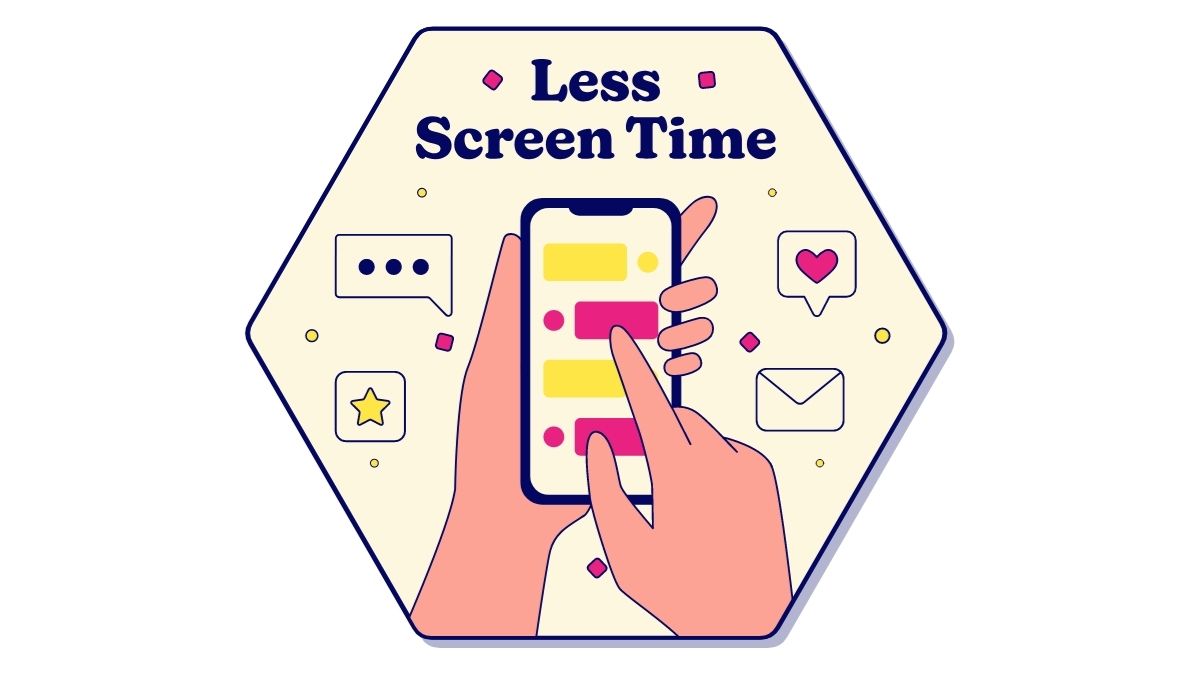- By Prerna Targhotra
- Sun, 29 Sep 2024 05:49 PM (IST)
- Source:JND
Screen Time And Heart Ailments: In today’s digital age, the use of screens, whether for work, entertainment, or socialising—has become a significant part of our daily lives, especially among the younger population. However, this rise in screen time, coupled with a sedentary lifestyle, has led to growing concerns about its impact on heart health.
In a conversation with Jagran English, Dr Sudhanshu Sekhar Parida, Principal Consultant- Cardiology, Fortis Hospital Shalimar Bagh explained the link between technology and heart ailments in youth.
How Excessive Screen Time Affects Your Heart?
According to Dr Parida, when we spend too much time sitting, whether watching TV, playing video games, or scrolling through social media, it reduces physical activity, which is vital for a healthy heart. A lack of movement can slow down metabolism, leading to weight gain, high blood pressure and elevated cholesterol levels. These are key risk factors for developing heart disease, even in young people.
One of the primary ways screen time affects heart health is by promoting a sedentary lifestyle. Physical inactivity increases the risk of obesity, which in turn leads to conditions like diabetes, hypertension, and high cholesterol. All these factors combined place an added strain on the heart, increasing the risk of heart attacks or other cardiovascular problems at an earlier age than we’d expect.

Screen Time And Heart Ailments (Image Credits: Canva)
Moreover, prolonged screen use often leads to poor posture and stress. Whether it’s late-night gaming or work-related screen time, lack of sleep and chronic stress can trigger hormonal imbalances in the body, contributing to inflammation and a rise in blood pressure. Over time, this can damage the heart’s blood vessels and contribute to cardiovascular diseases.
The good news is that small changes can make a big difference. Engaging in regular physical activity, such as walking, jogging, or sports, can help counter the effects of excessive screen time. Experts recommend at least 30 minutes of moderate exercise a day to maintain heart health. Taking breaks from screens, adopting healthy eating habits, and prioritising sleep are also crucial steps in reducing the risks.
ALSO READ: How To Check Your Heart Health At Home? Try These 4 Simple Ways
ALSO READ: How Stress Affects Heart Health: Doctor Explains The Stress-Heart Connection

